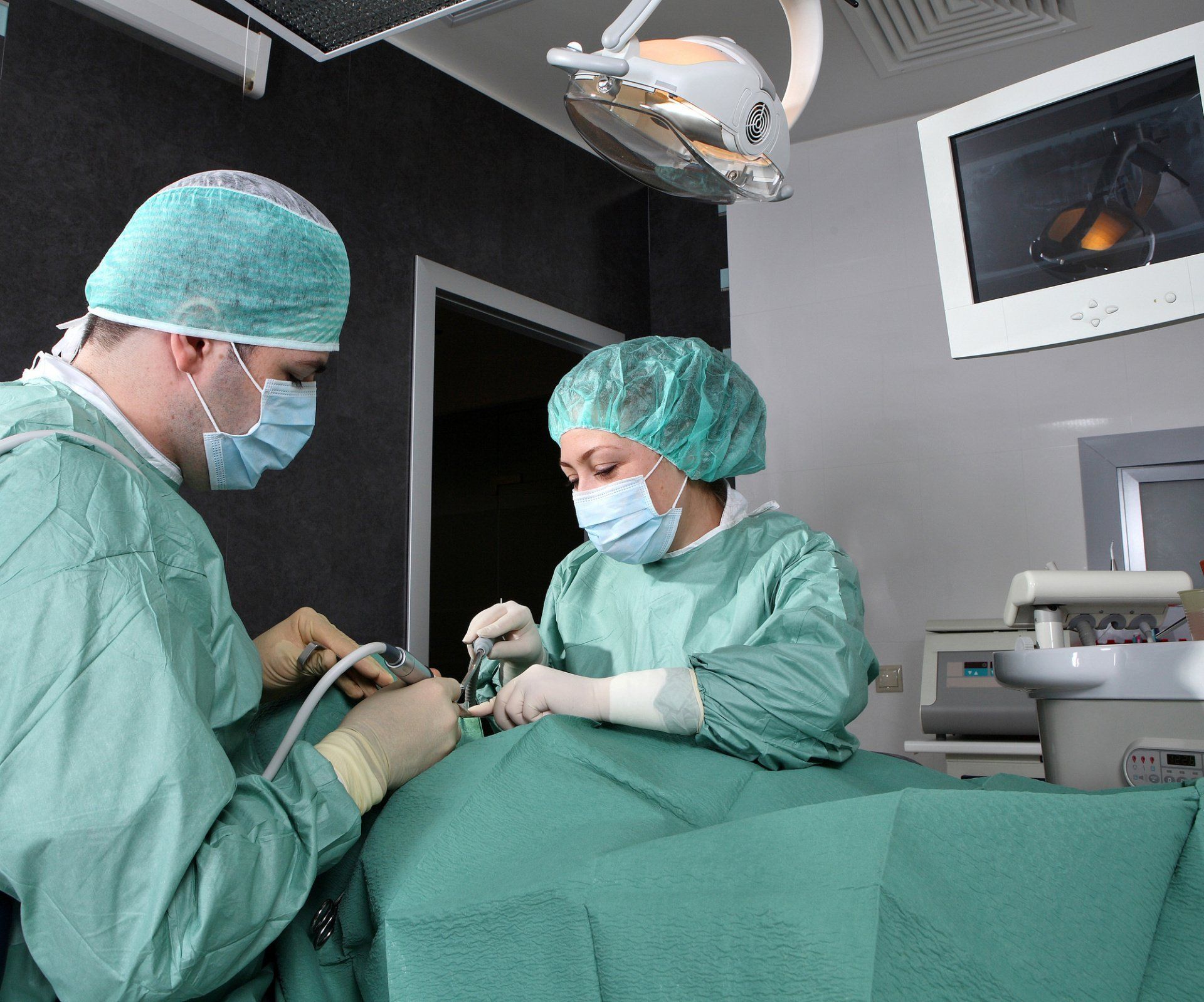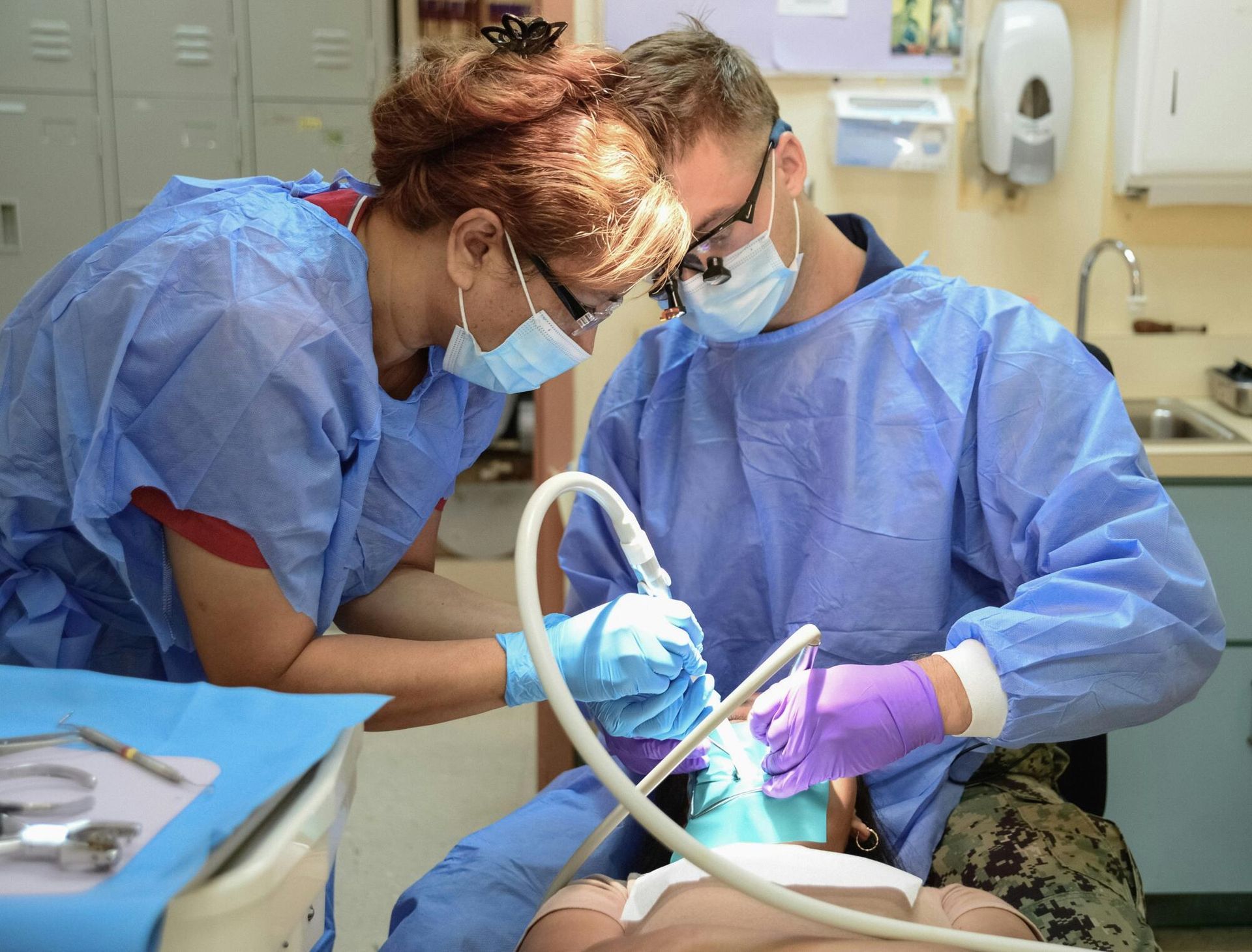Is TMD a Serious Issue?

If you're struggling with TMD, you're far from the only one. About 12 million adults in the US struggle with TMD.
But is TMD really all that serious? Do you need to visit a TMD dentist in VA or can you just tough it out?
In this guide, we'll take a look at everything you need to know about TMD and how serious it is.
What Is TMD?
Temporomandibular disorder, more commonly known as TMD, is a disorder that affects the jaw and facial muscles. The main issue with TMD is that it affects our temporomandibular joint, which is what allows us to chew, talk and yawn.
What's interesting is that there's no clear answer on what causes TMD. It may be caused due to clenching and grinding of the teeth, which puts pressure on the jaw.
Or, it could be due to stress or arthritis.
The reality, however, is that we still don't know exactly what causes TMD.
TMD Symptoms
TMD can cause some pretty uncomfortable symptoms. Even though we don't know why people develop these symptoms, we do know what to look out for to help provide treatment early. Let's take a look at a few.
Pain
One of the key indicators of TMD is pain. If you feel discomfort and pain when you try to chew, that's a warning sign that you may have TMD.
Although the pain may eventually become a dull ache, it usually starts as a pulsing pain. You'll feel the pain along your face.
Teeth Issues
Another issue you may find s that it's hard for you to feel your teeth. Or, you may find that your teeth become offset, making it hard for you to move your jaw.
If you notice this happening, it could be a sign that you've got TMD and should get checked out by your general dentist.
Other Symptoms
There are a few other symptoms that you might experience with TMD, too. These include:
- Struggling to open your mouth wide
- Your jaw getting stuck
- Clicking, grating, and popping sounds when you chew
- Feeling tired in the face
- An uncomfortable bite
- Swelling on the sides of your face
If you notice any of these symptoms it's a good idea to call a
TMD dentist. He or she will be able to help you work through your symptoms and provide treatment.
Risk Factors for TMD
Although we don't know exactly what causes TMD, we do know that there are a few things that can increase your risk of getting it.
One major risk factor is having arthritis. If you struggle with joint aches and arthritis in general, you may be at risk for TMD.
On top of that, neck and head injuries also make you more prone to developing TMD. So do issues with the jaw, head, or neck.
Finally, grinding and clenching your teeth could put you at risk of getting TMD.
Tips for Dealing With TMD
If you're struggling with TMD, there are a few things that you can do to manage it. Let's check out a few tips for dealing with TMD.
Take OTC Medicine
One simple way to deal with TMD is to take nonsteroidal anti-inflammatory drugs, more commonly known as NSAIDs. This includes naproxen and ibuprofen.
Use Hot and Cold Packs
Another method for dealing with TMD pain is to apply hot and cold packs. Apply them for periods of 5 or 10 minutes to help soothe your jaw and lessen pain.
Eat Soft Foods
Eating soft foods can help limit the strain on your jaw. Skip crunchy and chewy foods and take the time to cut up your food before you eat it.
Relax Your Jaw
Keeping your jaw relaxed with your teeth slightly apart can help you learn to manage TMD. You can also talk to your dentist to get suggestions for jaw relaxation exercises.
Treatment Options from a TMD Dentist in VA
If you've got TMD, don't panic! There are several TMD treatment options out there that you can take advantage of. Let's take a look.
Medication
If you're dealing with a lot of pain, your dentist can prescribe higher doses of NSAIDs. They may also prescribe muscle relaxants to help you loosen up your jaw.
Finally, anti-anxiety medicines may help combat TMD. That's because anxiety can sometimes bring on TMD symptoms.
Night Guards
Dentists may provide individuals who struggle with teeth grinding and biting with a night guard or splint. These devices cover your teeth so that you don't grind or clench your teeth at night.
On top of that, night guards can help correct your bite. That can also help you get your jaw in the right place and reduce TMD symptoms.
Dental Work
Sometimes, your dentist may use crowns, bridges, or braces to help correct your bite and balance your teeth surfaces. With a balanced bite, you may find that your TMD symptoms aren't as strong.
TENS
TENS, officially called transcutaneous electrical nerve stimulation, is a type of low-level electrical current therapy that relaxes the jaw and facial muscles. Your dentist can perform it at the office or you can even perform it at home.
Other Treatments
There are several other treatments that your dentist might use. These include:
- Ultrasound therapy on the joints
- Trigger-point injections into the facial muscles
- Radio waves to stimulate the joints and reduce pain
- Lower-level laser therapy to reduce pain and discomfort
Is TMD a Serious Issue? Yes.
TMD is definitely a serious issue that should be treated as such. That means visiting your dentist early on and getting the right care.
Do you need a TMD dentist in VA to help you with your issues? Get in touch and we'll help you set up an appointment.












